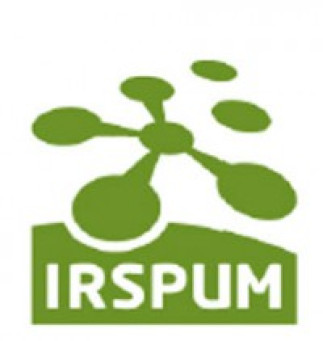Ce séminaire est organisé par l'Institut de recherche en santé publique de l'Université de Montréal (IRSPUM).
Conférencière :
Florence Jusot est professeur des universités en sciences économiques à l’Université Rouen et chercheur associé à l'Institut National d'Etudes Démographiques. Ses recherches se concentrent sur les inégalités de santé et portent en particulier sur la construction des inégalités des chances en santé au cours de la vie.
Résumé :
This paper aims to quantify and compare inequalities of opportunity in health across European countries. Recent developments in the philosophical
literature regarding social justice identify some types of inequality as more objectionable than others. The most obvious justification for making a
distinction between “legitimate” and “illegitimate” differences in outcomes is that the former differences can be attributed to factors for which the
individual is responsible, called efforts, whilst the latter differences can be attributed to factors which the individual is not responsible, called
circumstances.
The issue at stake when measuring inequality of opportunity is how to treat the correlation between circumstances and effort. This paper considers
two alternative normative ways of treating the correlation between effort, as measured by lifestyles, and circumstances, as measured by parental
and childhood characteristics, championed by Brian Barry and John Roemer. This study relies on regression analysis and proposes several measures
of inequality of opportunity. Data from the Retrospective Survey of SHARELIFE, which focuses on life histories of European people aged 50 and over,
are used.
In most countries, inequalities of opportunity in health are mainly driven by social background affecting adult health directly, and so would require
policies compensating for poorer initial conditions. On the other hand, our results suggest a strong social and family determinism of lifestyles in
Belgium, the Netherlands, Italy, Germany, Poland, and Denmark, which emphasises the importance of inequalities of opportunity in health within
those countries and calls for targeted prevention policies.

